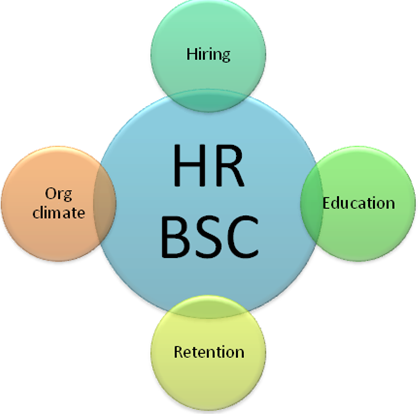Why have HR metrics become so important? The reason for that is the increased need for quality, accurate and efficient personnel management. It is not a secret that profitability of the company initially depends upon the productivity of its workforce. Human resource metrics applied within the Balanced Scorecard System make it possible to analyze the most vital factors that affect the efficiency of employees. In other words, they are perfect tools for the assessment of their experience and qualifications as well as utilization of the obtained data for the development of business improvement strategies.

Despite of the fact that not all senior managers consider this performance measurement system useful and important, the increased number of them understand the exceptional value of qualified human resources for their companies. They strive for proper implementation and interpretation of those HR metrics that are currently important for their businesses. What are they? Experts point out the following ten measurements that matter for the effective management of human capital in any organization: revenue factor, human capital return on investment, human capital added value, cost per one hire, labor cost revenue ration, health care expenses per one employee, training investments, overall compensation revenue ratio, voluntary separation rate and, of course, turnover costs. No matter what HR metrics you are going to develop in your company, they should obligatory be related to your business strategies and objectives. This will signify that your HR specialists understand the essence of this system and its importance for the organization they work in.

HR Balanced Scorecard analyzes the performance of any company with regard to the following perspectives: financial, strategic, customer and operational. Each of them involves a number of aspects to be evaluated. Thus, the financial perspective determines how well business owners manage the total turnover cost and whether the return on human resource investment is viable or not. The strategic perspective defines if the company’s management invests into the advancement of human resource capabilities and how well their business strategies are interrelated with the goals they have set. Customer perspective is considered when there is a need to analyze factors that affect the level of customer satisfaction, while operational perspective underlines the accurateness and efficiency of technologies applied for proper human resource performance improvement. It is assumed that effective and correct HR management will be obligatory reflected in the substantial increase of the company’s shareholder value, which is typically one of the most essential and important missions of any business.